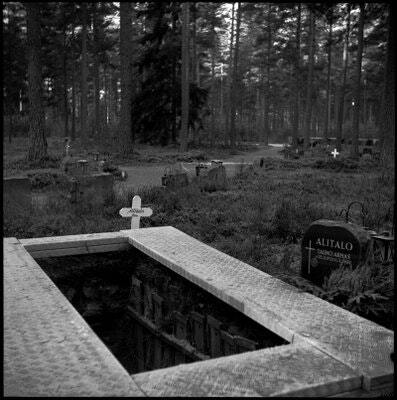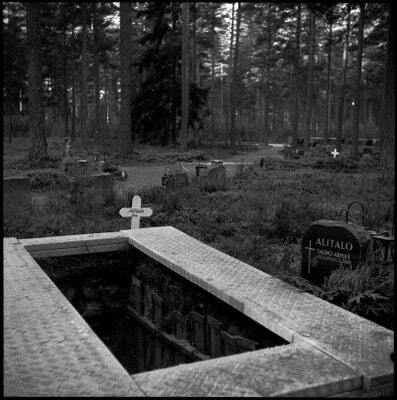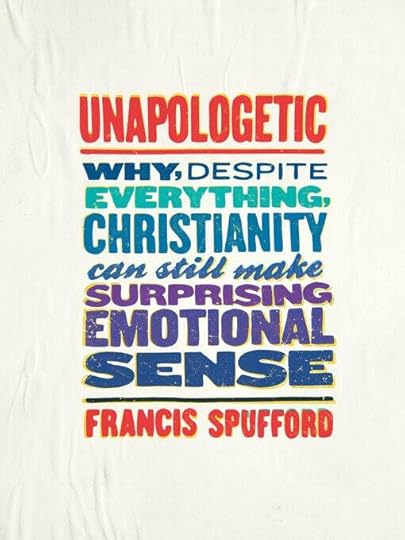No One’s Better at Doubt and Despair than Pastors
After ten years of blogging, I’ve moved here. So I’m starting from scratch. Again. Do me a solid and subscribe.
Save Marilynne Robinson’s Rev. Ames in Gilead or the Rev. Mclean in A River Runs Through It, the clergymen of literature skew heavy towards the phony, contemptible, and intellectually incurious. Indeed they’re a not insignificant reason that the words preach and sermon have become synonymous with a finger-wagging, hypocritical harangue. For every Elder Zosima there’s at least ten Elmer Gantry’s. The vicars of Jane Austen’s Victorian novels typically evidence little boldness and even more paltry theological wit. And what’s most often lacking among the modern day ministers in the work of John Updike or Flannery O’Connor is belief itself. Faith is their fiction.

It’s easy to assume, I suppose, that faith and doubt are part of a pastor’s professional portfolio, doctrines which we’re schooled to parse impersonally.
Doubt is something the duly ordained and pensioned pastor knows only from hindsight or from a detached third party distance, many imagine, while faith is the tool of our trade, as unexamined a part of our professional life as a mechanic’s wrench or a doctor’s stethoscope.
Like all assumptions, this one was pulled straight out of someone’s @#$.
Whenever I run up against this conjecture, I think immediately of the day, not too long ago, when my congregation was slammed with the news of three deaths in the space of twenty-four hours. The size of the congregation and its place in the community meant the total number of funerals we performed that year totaled roughly half the average attendance on a Sunday morning. This did not even include the burials and graveside services we provided for folks from the larger community.
Every week that year one of the pastors on staff was accompanying the dead with stubborn alleluias.

The day I always recall whenever an unbeliever posits that a pastor’s belief is easy and unexamined— one of the three deaths that day was sudden and unexpected. One was not. The third one was but wasn’t (you know the kind) but sadder still for the loose ends which remained and stood a good chance of overwhelming the survivors.
In a lot of ways ministry is a dismal trade.
The prologue to the Gospel of John announces the advent of the incarnation with the news that the darkness does not overcome the light.
The devil is in the details; notice, John doesn’t say the darkness disappears.
Share Tamed Cynic by Jason Micheli
For both proximity and frequency, I tend to think clergy have more occasions than most to wrestle with faith and doubt. Not less. What is a singularly painful but mercifully infrequent moment in most families lives is, for us, part of punching the clock. If we had one.
Only the most unreflective, unfeeling fool would be able to strap on a collar or stole and stare into the void over and over and not wonder if there’s really anything there on the other side.
And only such a fool would not weep on the inside for the gift of faith that comes back from the other side even if nothing more definitive than that ever does.

In Unapologetic, Francis Spufford writes:
“Lots of atheists seem to be certain, recently that this (doubt in the face of suffering) ought not to be a problem for believers, because— curl of lip— we all believe we’re going to be whisked away to a magic kingdom in the sky instead. Facing the prospect of annihilation squarely is the exclusive achievement of-preen- the unbeliever.
But I don’t know many actual Christians who feel this way, or anything like it. Death’s reality is a given of human experience, for anyone old enough to have shaken off adolescent delusions of immortality. There it is, the black water, not to be cancelled by declarations, by storytelling of any kind.
Whatever sense belief makes of death, it has to incorporate its self-evident reality, not deny it.
And again, in my experience, belief makes the problem harder, not easier.
Because there death is, real for us as it is for everyone else, and yet (as with every outrage of the cruel world) we also have to fit it with the intermittently felt, constantly transmitted assurance that we are loved.
I don’t mean to suggest all believers are in a state of continual anguish about this, but it is a very rare believer who has not had to come to a reckoning with the contradiction involved.”
On the one hand, the cruel world— the world made cruel by seeing it as created— and on the other hand, the sensation of being cherished by its Creator.
When it comes the holy yet dismal trade that is at least one-third of ministry, I say:
What he said.
While literature portrays pastors as grifters and buffoons, popular piety too often over-corrects and caroms off reality, treating pastors as heroes of faith and experts at spiritual intuition. I think if there’s anything heroic about ministry, it’s that we keep stepping close to the cruel void that most only face a few times in their lives. If there’s anything remarkable about pastors, it’s that they so step and, most of the time, come away yet having been gifted some small measure of faith.
Jason Micheli's Blog
- Jason Micheli's profile
- 13 followers



